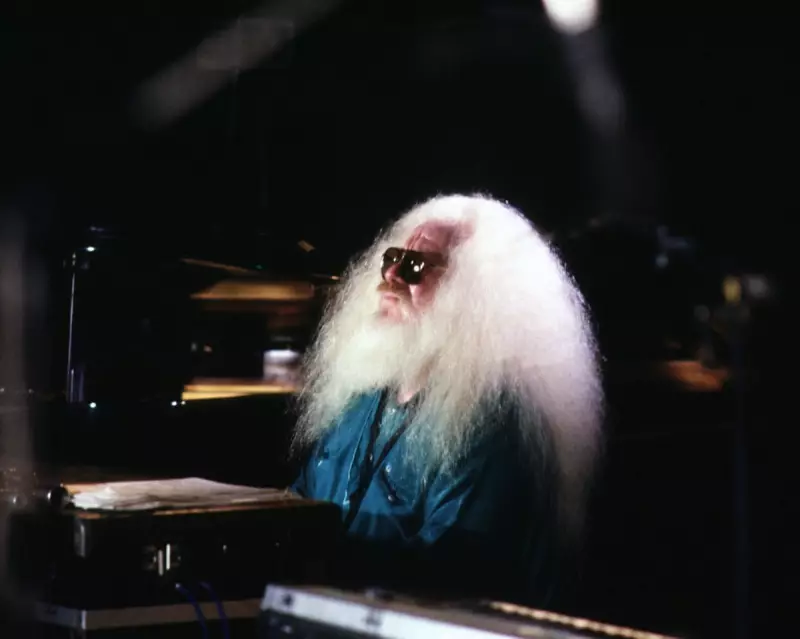
The world of music has lost one of its most singular and inventive voices with the passing of Hermeto Pascoal, the Brazilian maestro known as 'O Bruxo' (The Sorcerer), at the age of 88. A composer and multi-instrumentalist of boundless creativity, Pascoal's work defied easy categorisation, weaving together the rich tapestry of Brazilian folk with the daring spirit of free jazz and avant-garde experimentation.
As described by those who knew him, his compositions didn't just play; they 'jostled like a get-together over a feijoada'—a vibrant, chaotic, and deeply communal experience, much like a bustling family gathering around Brazil's national dish. His music was a universe unto itself, both profoundly complex and accessibly human.
A Legacy Forged in Sound
Born in 1936 in the northeastern state of Alagoas, Pascoal's musical journey began in childhood, playing the accordion and flute. His career blossomed during the heyday of bossa nova, but he quickly charted his own course. He gained international recognition after a fateful collaboration with the legendary American trumpeter Miles Davis in the early 1970s. Davis, not one for casual praise, famously declared Pascoal 'the most impressive musician in the world'.
Pascoal's genius lay in his ability to find music anywhere. He was renowned for composing pieces using unconventional 'instruments'—teapots, children's toys, water, and the sound of animals. This was not a gimmick but a philosophy: for him, music was an omnipresent force in the natural world, waiting to be unlocked.
The Sorcerer's Enduring Influence
Though he remained a cult figure to mainstream audiences, his influence on multiple generations of Brazilian and international musicians is immeasurable. He was a relentless experimenter who released over 50 albums, leading his various groups through sprawling, unpredictable performances that could feel both like a riotous carnival parade and a sophisticated orchestral suite.
His 1970 album, 'Hermeto', is often cited as a landmark of experimental Brazilian music. Yet, his most famous work might be the melodic theme he composed that later became the popular Brazilian children's television show 'Castelo Rá-Tim-Bum', embedding his quirky genius into the childhoods of millions.
Pascoal's passing marks the end of an era for experimental music. He leaves behind a vast, idiosyncratic, and joyful body of work that continues to challenge, inspire, and remind us that music is everywhere—if only we learn to listen.





